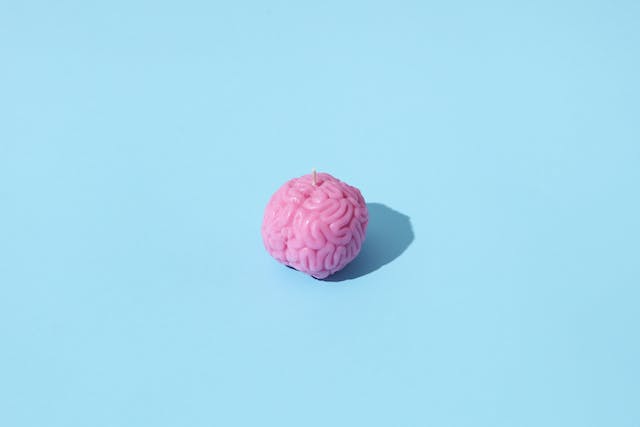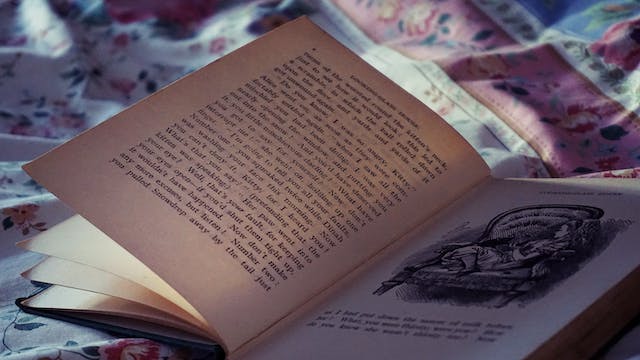Memory is something a lot of us can be concerned about as we get older. Our ability to remember things can be affected by aging, and that’s not the only thing that matters when it comes to memory. We can also find it hard to recall information due to stress, hormones, neurodivergence, and more. If you’re a little forgetful, it isn’t necessarily a sign of anything serious. Improving your memory is achievable if you want to make an effort to do it. Getting better at remembering things can be so useful in lots of different areas of your life.
Play Games and Puzzles
Your brain is like a muscle and it needs to be exercised. You can find that if you don’t use it, you lose your ability to do a variety of things. Practice makes perfect, and that includes your ability to remember things. Keeping your mind occupied ensures you stay engaged and there are plenty of ways to stretch your brain muscle. Playing games and puzzles like word search, crosswords, jigsaw puzzles, solitaire and many more is a fun way to engage your mind. It’s also something you can do whenever you have any spare time, especially with the huge number of mobile games you can now play.

Do More Exercise
It’s been shown that regularly exercising, and specifically doing plenty of cardio exercise, is good for your memory. Getting your blood pumping ensures oxygen and important nutrients are cycled around your body and to your brain. In fact, regular aerobic exercise may even increase the size of the hippocampus, which is the part of the brain responsible for verbal memory and learning. Exercising regularly also helps you maintain a healthy weight, sleep better and lower your stress levels, which have also all been linked to having a healthy memory.
Reduce Your Stress Levels
Have you ever noticed that you find it harder to remember things when you’re stressed? Your mental health can have a big effect on your memory and when you’re feeling stressed and frazzled, it can be harder than ever to remember anything. Lowering the stress you feel can help you clear your mind and keep you focused so you have a better memory. There are lots of ways to deal with stress, so find something that works for you. Whether it’s yoga or spending time with friends, finding effective stress-busting methods can make a big difference.
Get Better Sleep
Sleep is also a big factor when it comes to how good your memory is. If you’re tired and not getting enough sleep, recalling things can be really difficult. Your brain hasn’t had enough rest and can struggle to focus on anything, so your ability to remember important information can be affected. If you think your poor memory could be related to inadequate sleep, you should make an effort to sleep more or get better quality sleep. Start by creating a bedtime routine for yourself so that you can wind down when it’s time to sleep.
Organize Information for Better Recall
Sometimes being good at remembering things is about how you choose to remember them. There are lots of clever tricks and memory methods that you can use to store information and recall it more easily later. One of the things you can do is organize any information that you want to remember. Try creating an outline of the information you want to file away in your mind and focus on the key points. One method to use is the “chunking method”, which involves breaking down large amounts of information into smaller topics that are grouped together.
Use Associations to Help You Remember
Another smart method to help you remember things is making associations. By using existing knowledge and linking it to the things you want to remember, you can connect one thing to another to remember it more easily. Creating mental images can be a great way to do this. For example, if you wanted to remember someone’s name, you could picture them in a situation or wearing something that reminded you of their name. If you wanted to remember that someone was called Mr Gardener, you might picture them holding a gardening tool.

Create Stories
You can expand this method of using associations to create stories about the things you want to remember. This is basically taking your different associations and weaving them together. A story can be easier to remember than random facts, so it can help you recall what you really want to remember. Let’s say you want to remember that the US states on the West Coast are Washington, Oregon, and California. You might create a little story about someone called Cally washing some oregano. You can create your own associations for different facts and then link them together so that they’re easier to remember.
Use Visual Cues
If you’re a visual learner, using visual clues can be particularly useful for improving your memory. Visual items like maps, charts, illustrations, or graphs can be easier for you to absorb information from and for you to picture in your head later. It can help you recall the information you want when you think of the visual tools you’ve used to learn what you want to remember. Things like graphs and charts can also be good for simplifying and distilling information into bite size chunks that are easier for you to recall.
Use Mnemonics
A mnemonic can be a really useful device to learn things, whether it’s a few facts or a list. You’ve probably used them at some point in your life as there are a few that are designed to help children remember key facts. Sometimes a mnemonic is as simple as a rhyme, which can be great for remembering simple things. It can also be an acronym or an acrostic, which helps you remember things by taking their initial letters.
Memory isn’t something that’s necessarily set in stone. There are ways to improve your memory if you want to and keep your mind sharp.

Leave a Reply